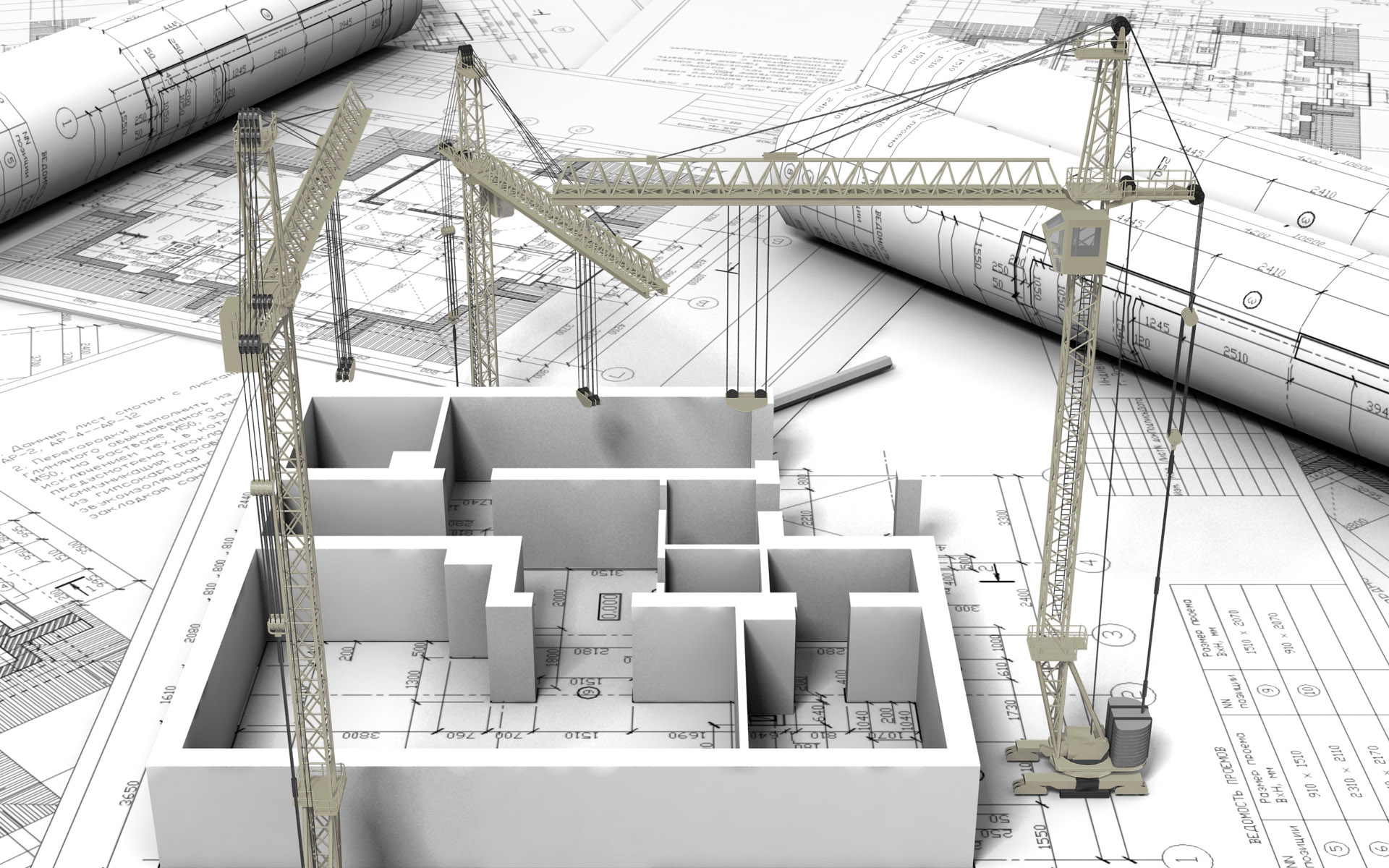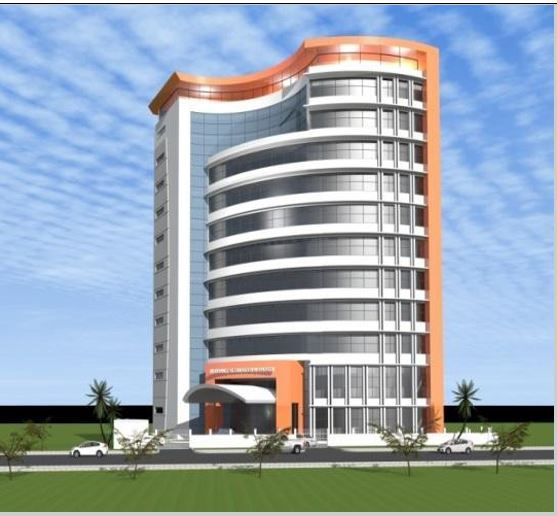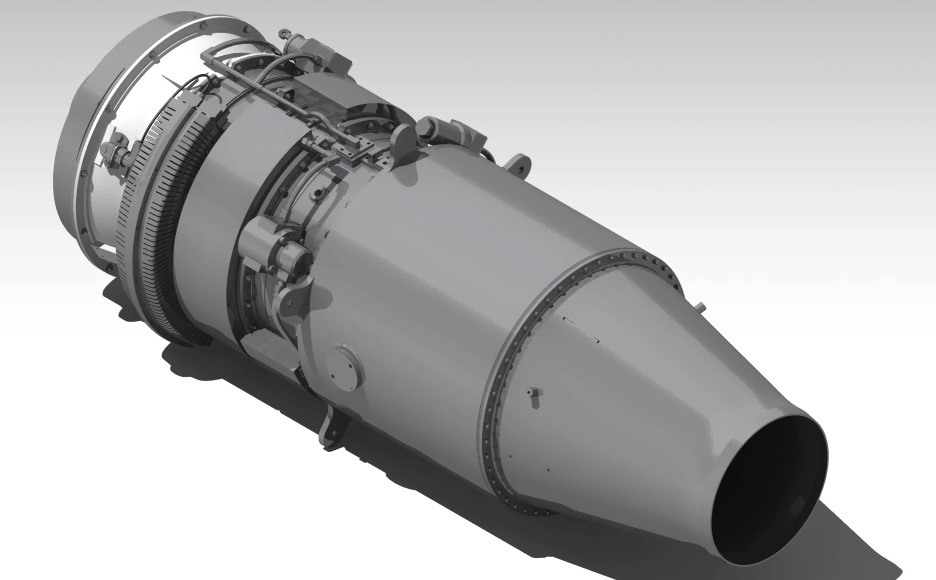Course Details:
The Architecture programme offers a comprehensive and interdisciplinary approach to the study and practice of
architecture. Through a combination of theoretical knowledge and hands-on design experience, students gain the skills
and expertise necessary to become successful architects.
The programme curriculum covers various aspects of architecture, including architectural design, building construction,
structural systems, environmental sustainability, and urban planning. Students learn how to create functional,
aesthetic, and sustainable buildings that meet the needs of individuals and communities.
Throughout the program, students engage in studio-based learning, where they work on design projects, develop technical
skills, and explore innovative architectural solutions. They learn to use industry-standard software and tools to
visualize and present their design ideas effectively.
In addition to design courses, students also study architectural history, theory, and criticism to understand the
cultural, social, and historical context of architecture. They explore different architectural styles and movements,
gaining a deeper appreciation for the rich architectural heritage.
The programme encourages collaboration and interdisciplinary learning, providing opportunities for students to work with
professionals from related fields such as engineering, construction management, and landscape architecture. Through
these collaborations, students develop the ability to integrate multiple perspectives and work effectively in diverse
teams.
Upon graduation, students are well-prepared to pursue careers as architects in architectural firms, design studios,
construction companies, or government agencies. They can also choose to further their studies at the graduate level to
specialize in a specific area of architecture or pursue research in architectural theory and practice.
Overall, the Architecture programme combines creativity, critical thinking, and technical skills to prepare students for
a rewarding career in shaping the built environment and creating inspiring architectural designs that positively impact
society.
Course Structure:
A Bachelor of Architecture (B.Arc.) in Architecture can be earned after three or four years
of study at Anchor University.
The majority of staff members who are tutors in their field provide tutorials,
classes, and lectures. Many of them are top-tier experts with extensive training in
both teaching and research. Educated PhD students and early-career researchers with
practical research experience may also conduct some teaching.
-
First Year Courses
- Core Courses (70%):
- Introduction to Architecture I & II
- Architectural Graphics I & II
- Freehand Sketching I & II
- Basic Elements of Planning
- Elementary Mathematics I & II
- General Physics for Physical Sciences I & II
- Practical Physics
- Introduction to Applied Arts
- Computer Applications in Architecture I
- Nature of Environmental Science
- Computer Applications in Architecture I
The courses listed on this page are illustrative and may change.
Assessment
- Continuous Assessment.
- Projects
- Examination.
- Praticals
-
Second Year Courses
- Core Courses (50%):
- History of Architecture I & II
- Descriptive Geometry I & II
- Architectural Design I & II
- Environmental Sciences
- Building Components & Methods I & II
- Architectural Structures I & II
- Computer Applications in Architecture II & III
- Basic Land Surveying I & II
The courses listed on this page are illustrative and may change.
Assessment
- Continuous Assessment.
- Projects.
- Examination.
- Practicals
-
Third Year Courses
- Core Courses(70%):
- History of Architecture III
- Architectural Presentation Techniques
- Architectural Design III
- Building Services I
- Building Components & Methods III
- Architectural Structures III
- Working Drawing/Detailing
- Computer Applications in Architecture IV
- Rural Development Planning
- SIWES PROGRAMME
The courses listed on this page are illustrative and may change.
Assessment
- Continuous Assessment.
- Projects.
- Examination.
- Practicals
-
Fourth Year Courses
- Core Courses(50%):
- Building Quantities and Costing
- Problem Analysis in Architecture
- Architectural Design IV & V
- Building Climatology
- Building Services II
- Human Settlements & Architecture
- Building Components & Methods IV & V
- Architectural Structures IV & V
- Computer Applications in Architecture V
- Building Economics
- History of Traditional Architecture
- Public & Institutional Buildings
- Landscape Architecture
- Acoustics and Noise Control
- Business Development and Management
- PROJECT AND DEFENCE
The courses listed on this page are illustrative and may change.
Assessment
- Continuous Assessment.
- Projects.
- Examination.
- Practicals












